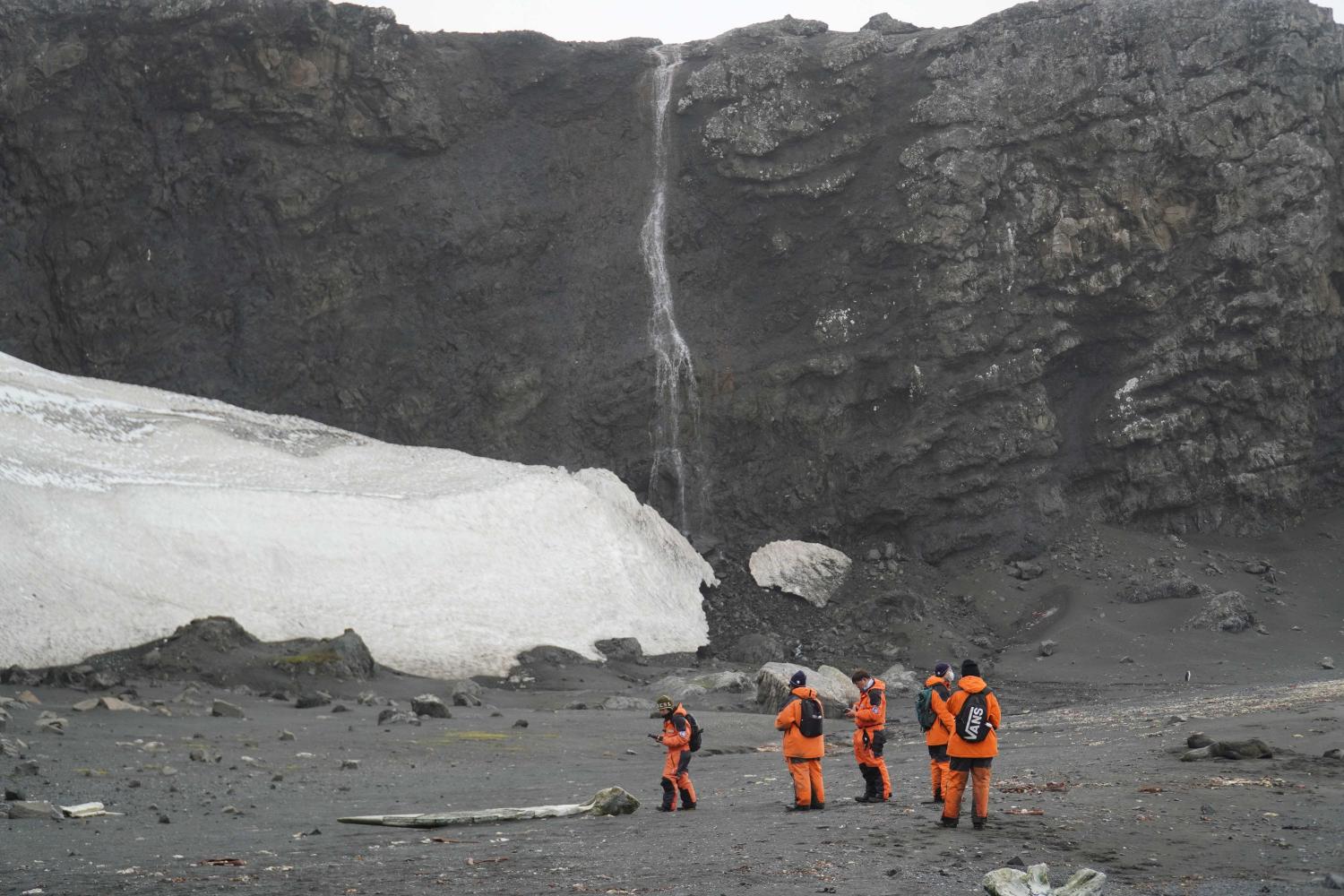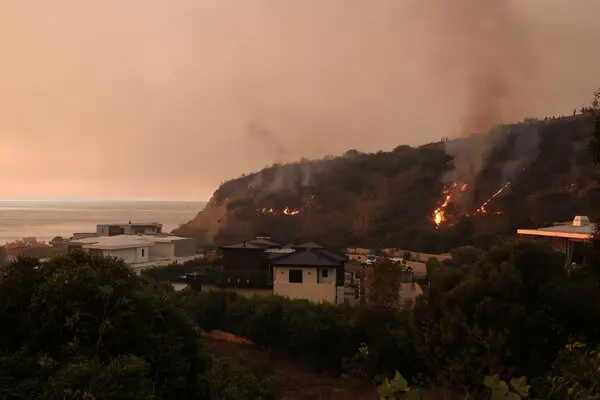Global Warming Accelerates Iceberg Melting
Iceberg A23a and Its Alarming Impact
The world’s largest iceberg, A23a, covering approximately 3,500 square kilometers—over twice the size of Greater Bangkok—has become a major environmental concern. This massive iceberg, which broke away from Antarctica in 1986, is now melting rapidly near South Georgia Island due to increasing global temperatures. Experts warn that this melting process could significantly accelerate sea level rise, threatening coastal areas globally, including Thailand.
Rising Temperatures Beyond Paris Agreement Threshold
As global temperatures exceed the 1.5°C limit set by the Paris Agreement, the iceberg risks breaking into smaller fragments. These fragments could disrupt vital shipping routes in the Southern Ocean and interfere with commercial fishing activities. Additionally, local ecosystems, including seals and penguins, face severe threats due to these changes.
Environmental and Ecological Consequences
Carbon Release and Nutrient Overload
The melting iceberg is expected to release vast amounts of carbon dioxide into the atmosphere. Furthermore, it will discharge minerals and nutrients into surrounding waters, potentially triggering plankton blooms. Such blooms could disrupt marine food chains, affecting biodiversity and fisheries in nearby regions.
Sea Level Rise and Coastal Risks in Thailand
The water released from the melting iceberg could exacerbate sea level rise globally. In Thailand, where sea levels are already rising by an average of 5.8 millimeters annually, this poses a critical threat to areas like Phra Samut Chedi (Samut Prakan), Bang Khun Thian (Bangkok), and Bang Krachao (Samut Sakhon). Without intervention, low-lying inland districts such as Bang Rak and Thon Buri could experience severe flooding by 2050.
Socioeconomic Implications for Thailand
Population at Risk
According to environmental expert Sonthi Kotchawat, these changes could adversely impact 10% of Thailand’s population. Flooding and coastal erosion will not only displace communities but also disrupt economic activities in affected regions.
UNESCO Report Highlights Urgency
A UNESCO report underscores the urgency of addressing these challenges. If current trends persist, Bangkok and surrounding areas could face frequent severe floods within the next 25 years. This would have long-term consequences for urban planning, infrastructure resilience, and disaster preparedness.
Call to Action for Climate Resilience
Mitigating Global Warming Effects
Experts emphasize the need for global cooperation to mitigate climate change impacts. Accelerating decarbonization efforts is crucial to prevent further warming and its cascading effects on icebergs and coastal ecosystems.
Strengthening Local Adaptation Strategies
Thailand must prioritize adaptive measures such as improved flood defenses, sustainable urban planning, and community education programs. These steps are essential to safeguard vulnerable populations from the looming threats posed by rising sea levels.
By addressing both global and local challenges, countries like Thailand can better prepare for the environmental risks posed by melting icebergs and climate change.








